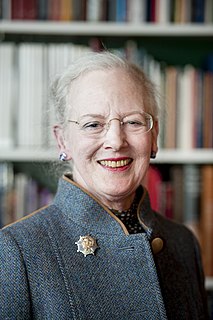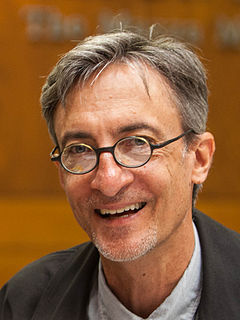A Quote by Jenny Zhang
'Alphabet' by the late Danish poet Inger Christensen. It's a book-length abecedarian poem. It's an activist text but also a portal to wonder.
Related Quotes
With vocal and choral music, first and foremost, it's the text. Not only do I need to serve the text, but the text - when I'm doing it right - acts as the perfect 'blueprint', and all the architecture is there. The poet has done the heavy lifting, so my job is to find the soul of the poem and then somehow translate that into music.
In a way, that's also a recognition that Dante needs Virgil and that the Inferno needs the Aeneid and that the epic needs a model and that for Dante to write this great poem he needs someone to come before him and he turns to Virgil's text, especially book six where Aeneas goes down into the underworld. And for me, that's a model of the poet's relationship to previous poetry, to another poetry as calling out for guidance.
Two opposing forces inhabit the poem: one of elevation or up-rooting, which pulls the word from the language: the other of gravity, which makes it return. The poem is an original and unique creation, but it is also reading and recitation: participation. The poet creates it; the people, by recitation, re-create it. Poet and reader are two moments of a single reality.
I know that in a poem, even when the speaker is speaking from the poet's experience, there's always something that's borrowed, some authority that sits outside of the poet that the poem has claimed. There's a dramatic pitch that makes the speaker capable of saying something more courageous or stranger or simply other than what the poet would be able to say.
One of the appeals of William Carlos Williams to me is that he was many different kinds of poet. He tried out many different forms in his own way of, more or less, formlessness. He was also a poet who could be - he was a love poet, he was a poet of the natural order and he was also a political poet.



































